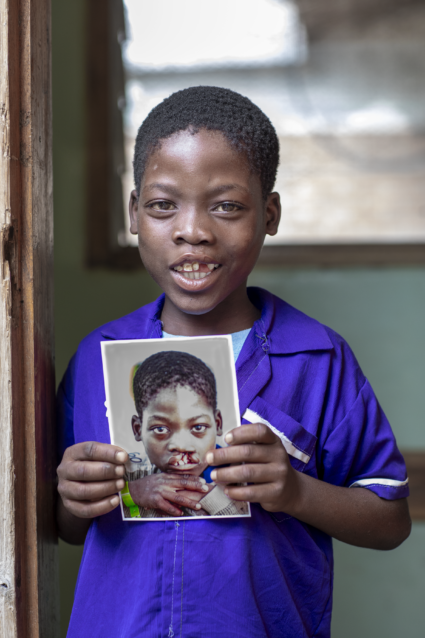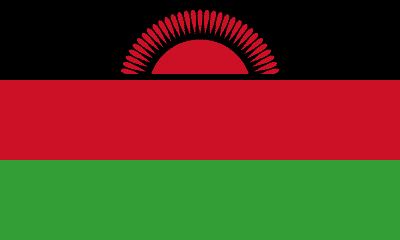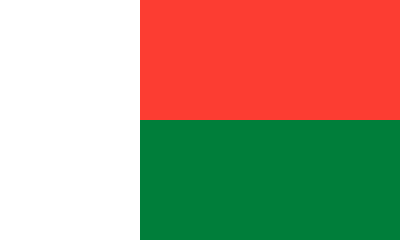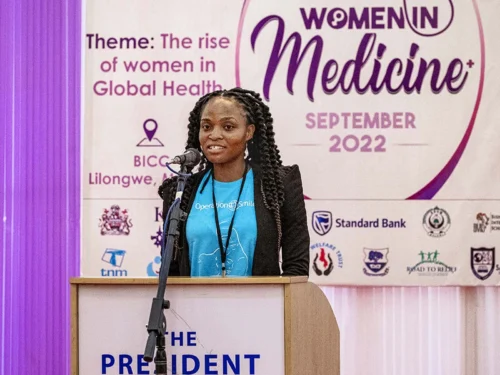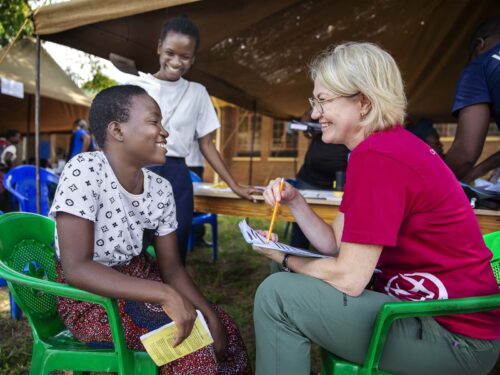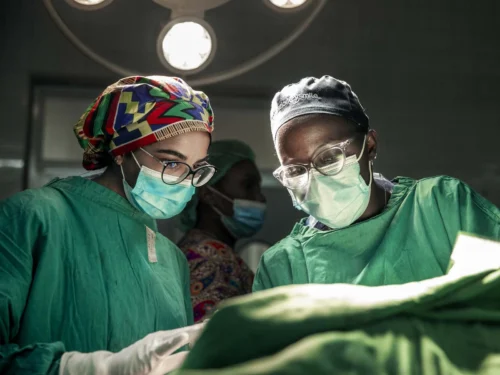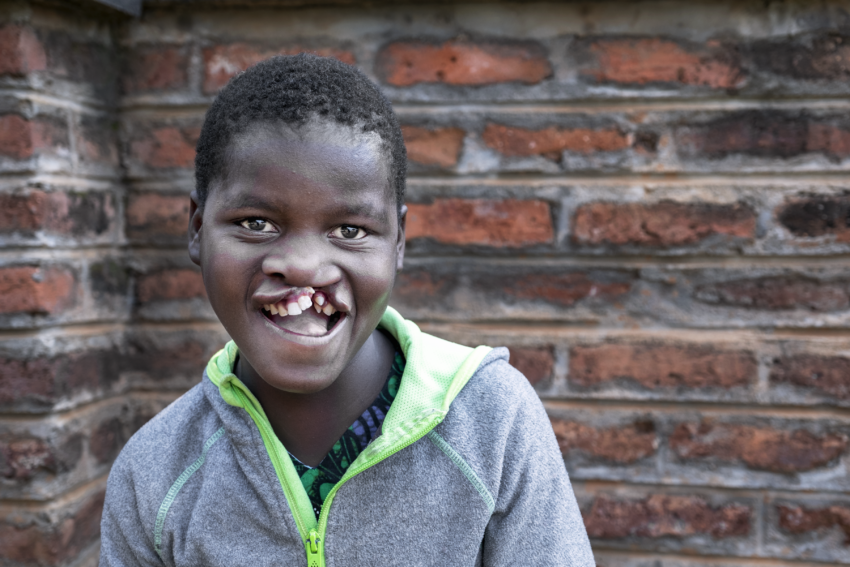
Operation Smile has been working in Malawi since 2012, providing care for children born with cleft conditions. Since then, we have delivered life-changing surgeries to over 2,600 patients and coordinated around 20 surgical programs.
THE NEED
0.7 per 1,000. In Malawi, the cleft prevalence rate is 0.7 per 1,000 births.
Out of pocket expenses. 22% of the population in Malawi is at risk of catastrophic expenditure for surgery, while 67% faces impoverishing expenditure for surgical care. With 70% of the nearly 20 million population falling below the poverty line, many patients with cleft conditions face financial barriers to receiving the care they need. 5.4 million Malawians face chronic food insecurity.
Limited access to surgery. Malawi performs just 372 surgical procedures per 100,000 population. This falls short of the target set by the Lancet Commission on Global Surgery of 5,000 procedures per 1,000 people. Malawians are often unable to reach surgical care due to a lack of medical facilities, inadequate basic amenities and insufficient diagnostic equipment.
Shortage of providers. The health workforce shortage contributes to the lack of access to care. Compared to high-income countries, which have an average of 11.4 nurses and midwives per 1,000 people, Malawi faces a shortage, with just 0.4 nurses and midwives per 1,000 individuals. Malawi has 0.4 specialized surgical workers per 100,000 population, which is much lower than the Lancet Commission’s target of 20 providers per 100,000 people.
OUR FORMULA FOR TRANSFORMATION
Operation Smile’s formula for transformational impact combines care delivery & capacity-building.
Education programs are at the center of Operation Smile’s strategy to increase access to surgery closer to the patient’s home.
Each surgical program brings together providers from all over the world for a unique opportunity to share knowledge and innovate. This type of bi-directional learning is essential to redistributing knowledge between providers and building capacity in the areas of greatest need.
Our work in health policy & advocacy and health infrastructure & equipment addresses structural barriers to care and helps build robust health systems. Operation Smile’s research & innovation efforts inform all aspects of our decision-making and allow us to have a comprehensive understanding of the impact our programs have on patients.
HUB & SPOKES
To ensure that every child has access to care close to home, we equip the providers within our patients’ communities with skills and resources to deliver high quality care. We build the needed capacity by harnessing the talent and resources that exist within the country, usually in the bigger cities, the hubs, to train providers in under-resourced areas, the spokes, where most patients lack access to care.
In Malawi, Operation Smile has hubs at the Kamuzu Central Hospital in Lilongwe and at Queen Elizabeth Central Hospital and The Mercy James Centre in Blantyre.
We have spokes at Mzuzu Central Hospital in Mzuzu and at Zomba Central Hospital in Zomba.
Operation Smile works in partnership with district hospitals to provide comprehensive cleft care services in Karonga, Mzimba, Nkhotakota, Dowa, Dedza, Mchinji, Chikwawa, Mangochi and Mulanje.
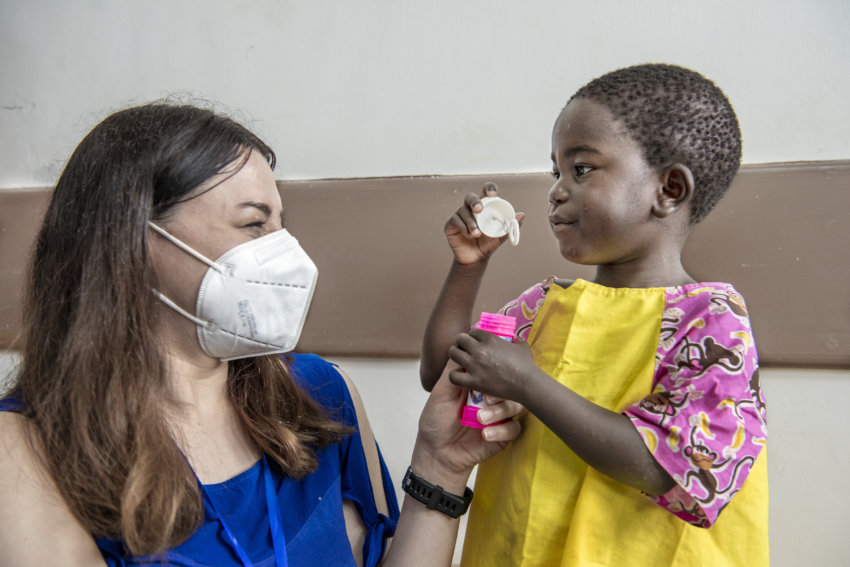
During Fiscal Year July 2024-June 2025, Operation Smile will invest $988,200 to deliver life-changing surgical care for 400 patients and provide training for around 150 health workers.
Cleft Care Programs
Over the course of the year, Operation Smile will deliver surgery to 400 patients, which will include 300 patients living with cleft conditions and 100 patients affected by burns. We will expand comprehensive cleft care in Malawi by providing consultations in oral health for 120 patients, in nutrition for 300 patients, in psychosocial care for 100 patients and in speech therapy for 180 patients.
Education
Partnering with Malawian medical leaders and enabling access to education opportunities will allow local health systems to provide care to a greater number of patients in need of cleft care. Operation Smile will provide training opportunities to around 150 medical professionals. Through our Cleft Surgery Training Program, we will train a surgeon in high-quality cleft care. Operation Smile will sponsor new fellows with the College of Surgeons of East, Central and Southern Africa (COSECSA) and hold American Heart Association courses for providers across different fields. We will provide Helping Babies Breathe courses in Balaka, Chitipa, Chikwawa and Dowa. Operation Smile will train nurses who specialize in the care of patients impacted by burns, as well as nurses working in the post-anesthesia care unit and the operating room.
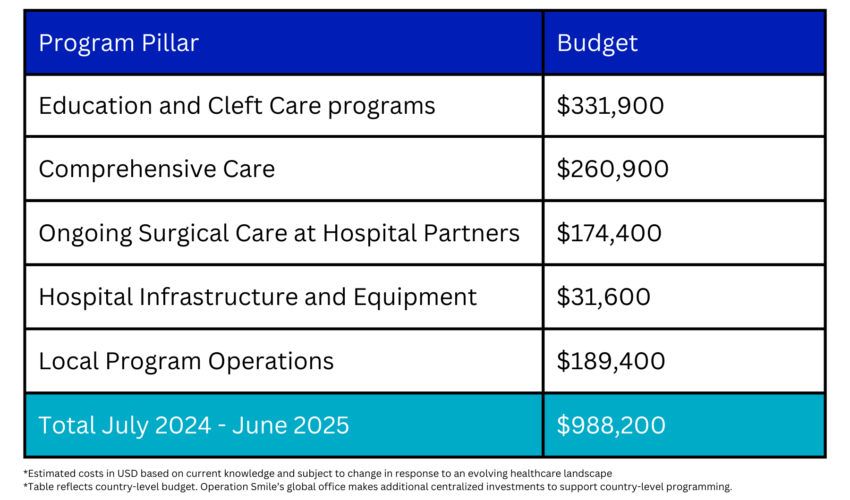
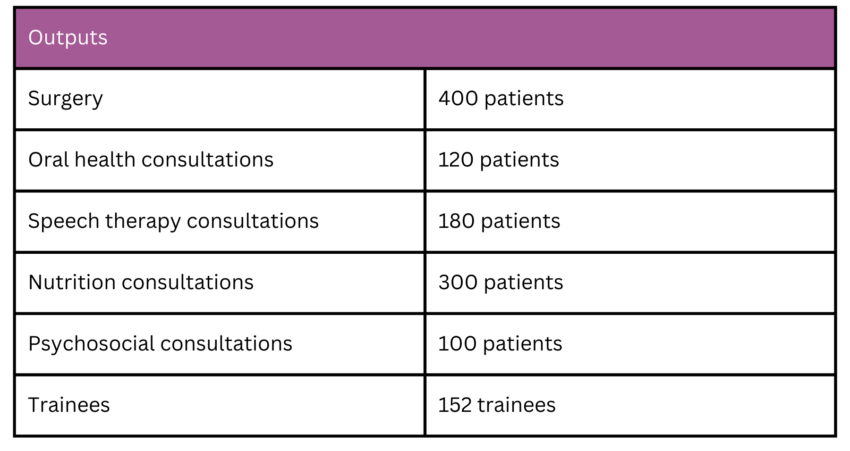
FIVE-YEAR VISION
Over the next five years, Operation Smile Malawi will recruit new patients, supported by our pool of community health volunteers and the utilization of their Buffalo Bikes. Buffalo Bikes allow volunteers to travel to the most remote areas within their communities to reach potential patients and visit health facilities. Additionally, we will focus on targeted recruitment at birth and maternity facilities to identify and assist newborns and their families as early as possible.
Operation Smile Malawi aims to provide more than 2,500 patients with surgery and over 4,000 patients with comprehensive care over the next five years. Utilizing our successful hub and spoke model, which allows us to reach communities across the country, will be key to achieving this target.
Operation Smile will strengthen training pathways by providing long-term volunteer placements, residencies through the College of Surgeons of East, Central and Southern Africa (COSECSA), training during short-term surgical programs and Cleft Surgery Training Programs. Over the next five years, we will provide 960 training opportunities to health workers across Malawi.
